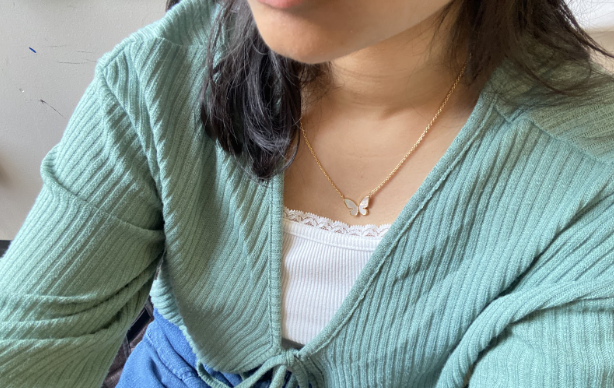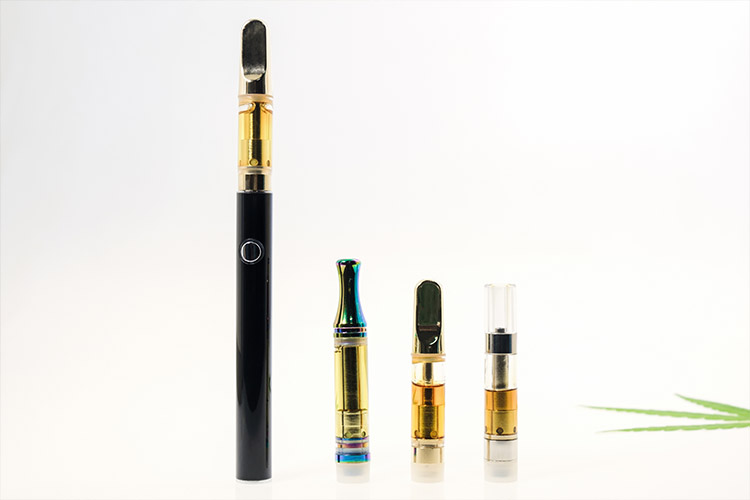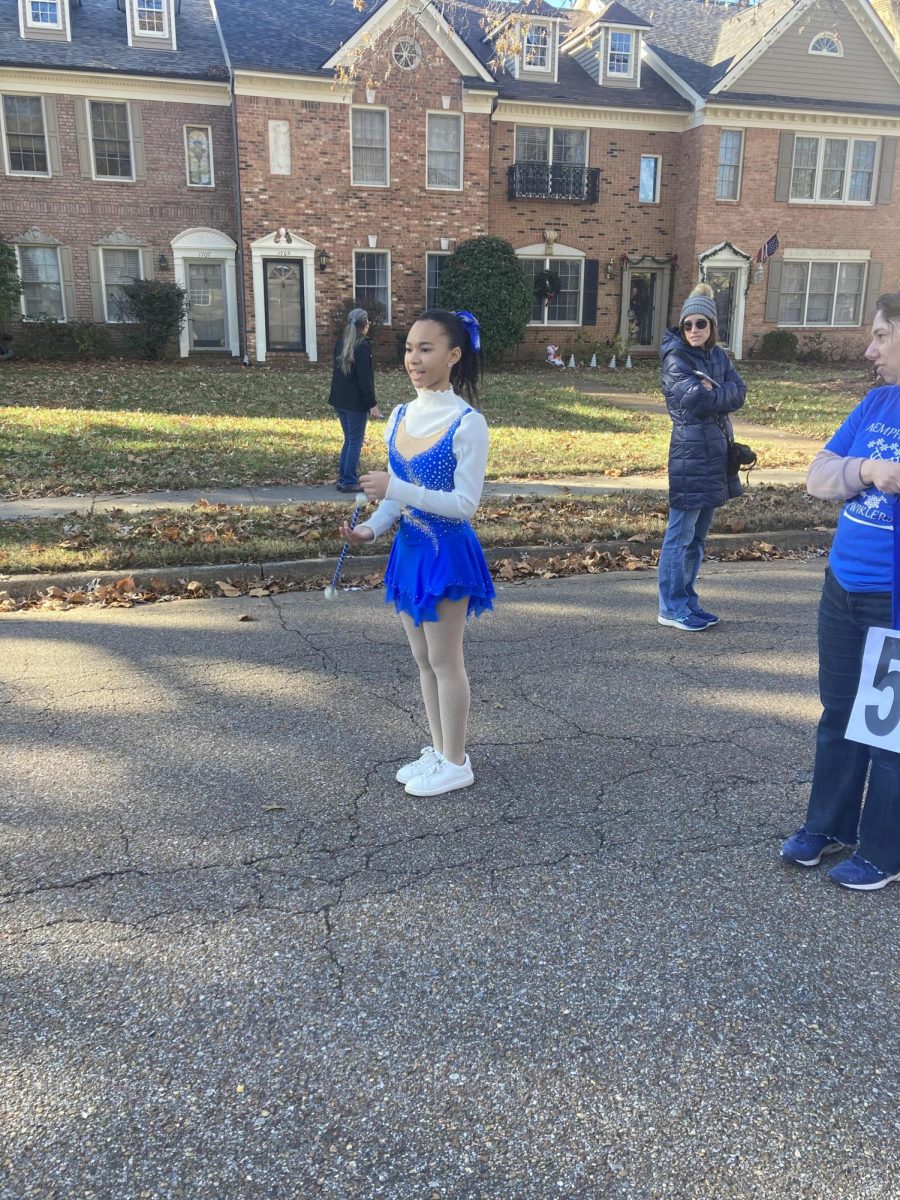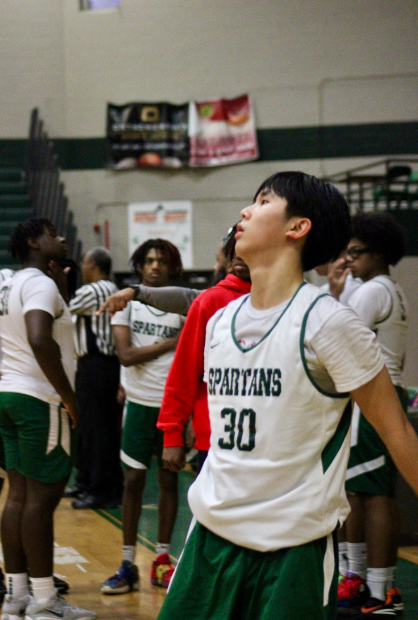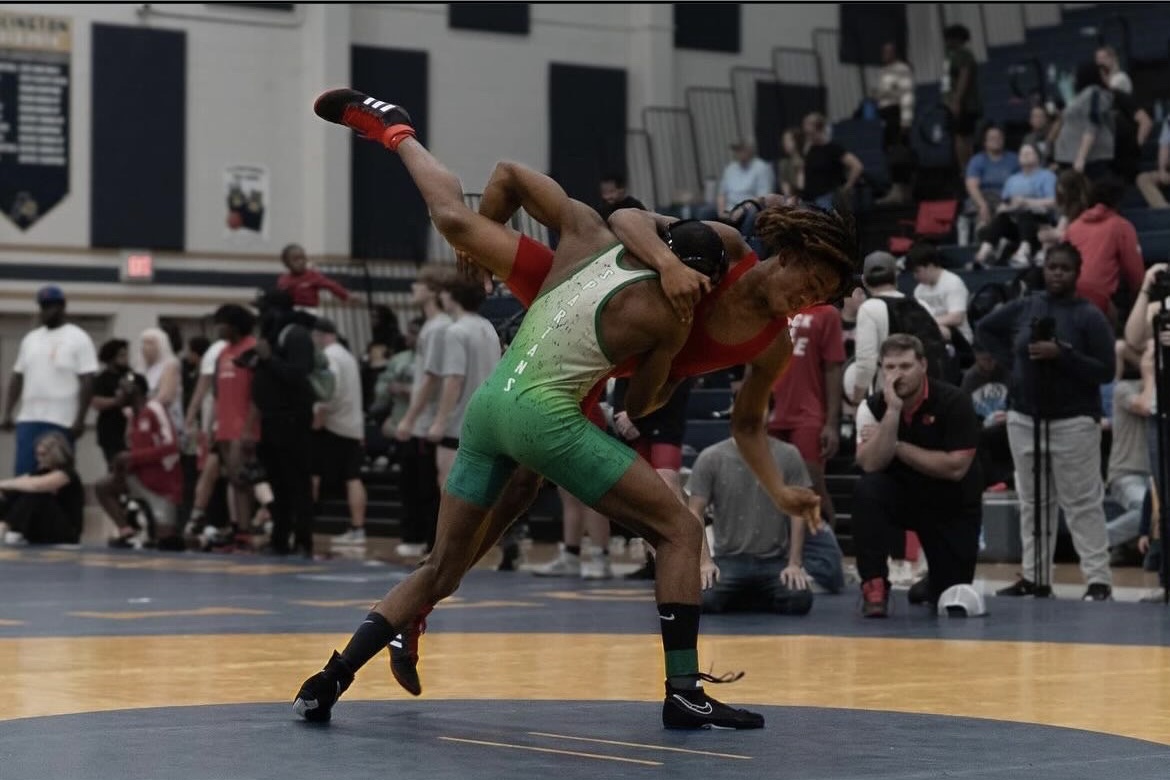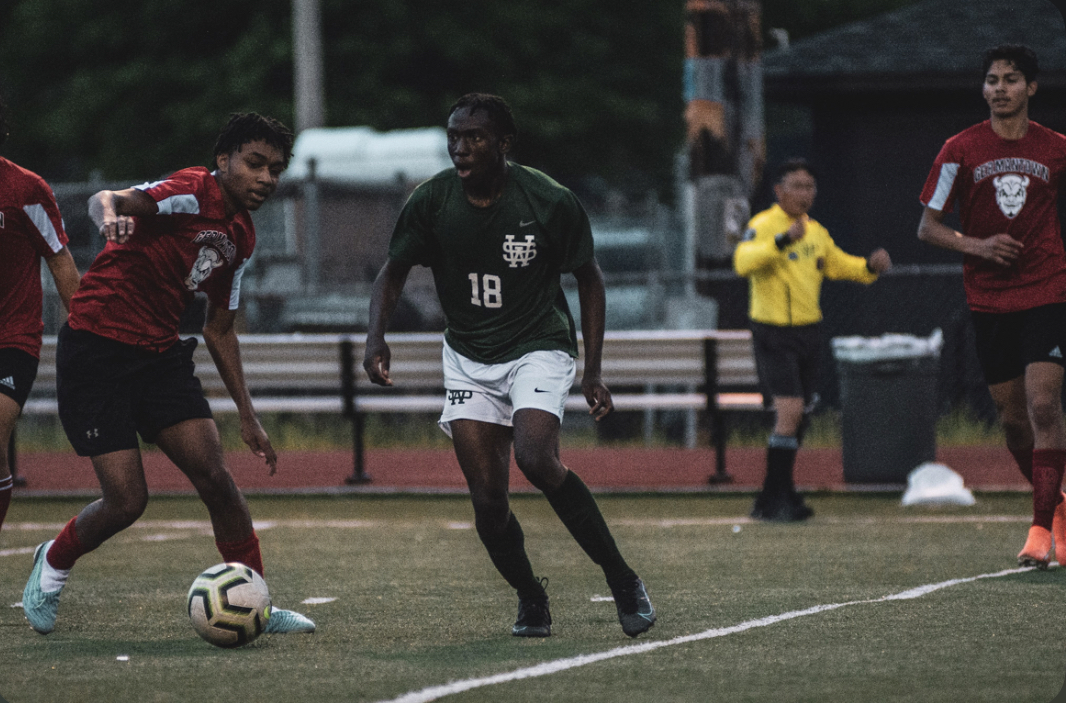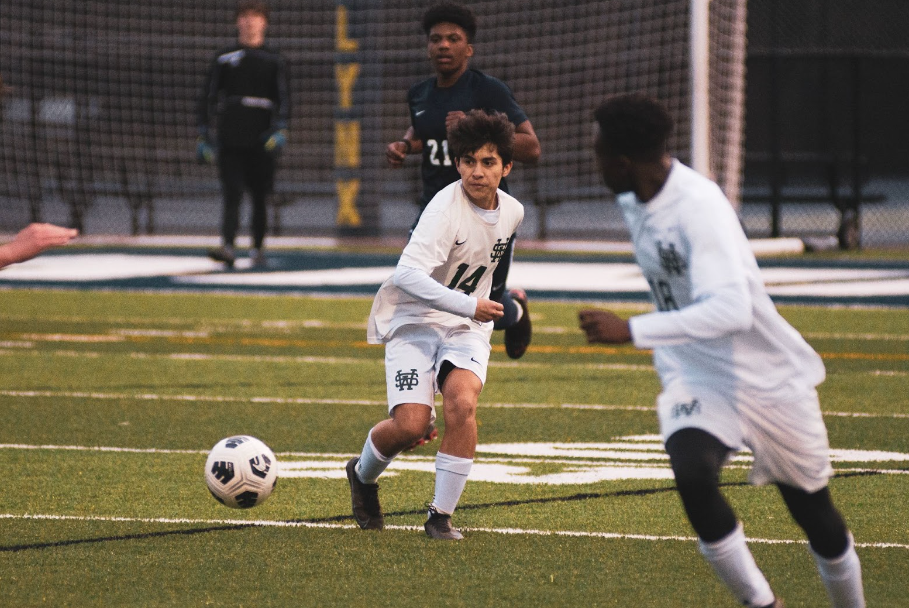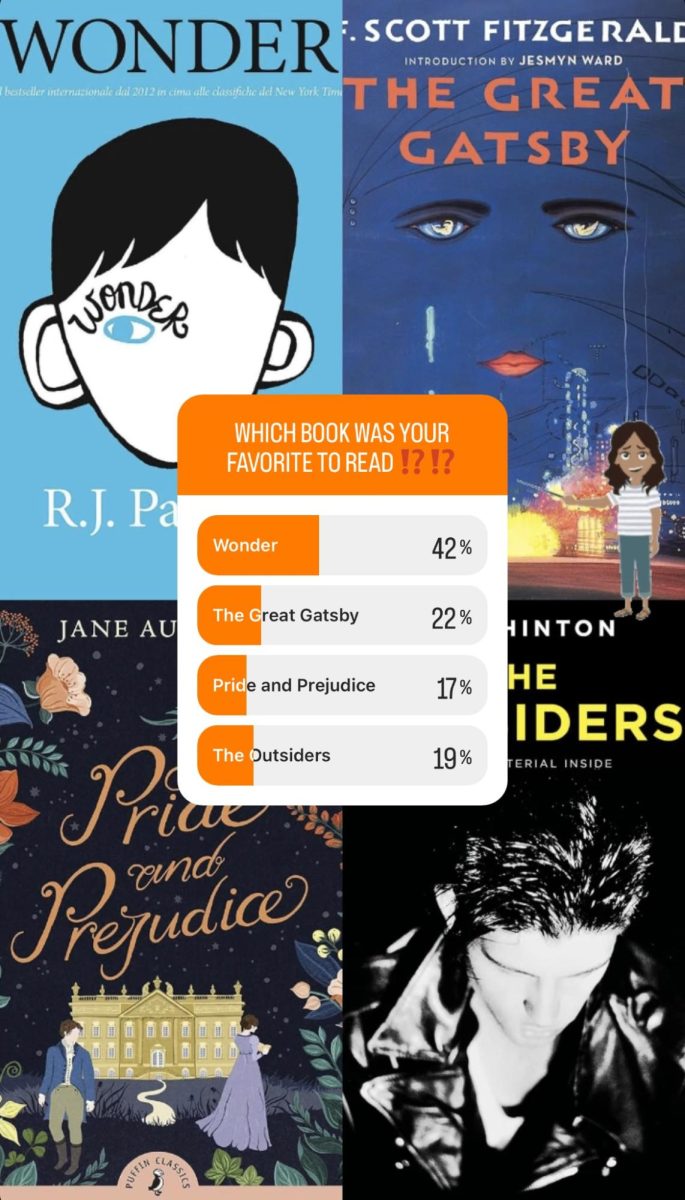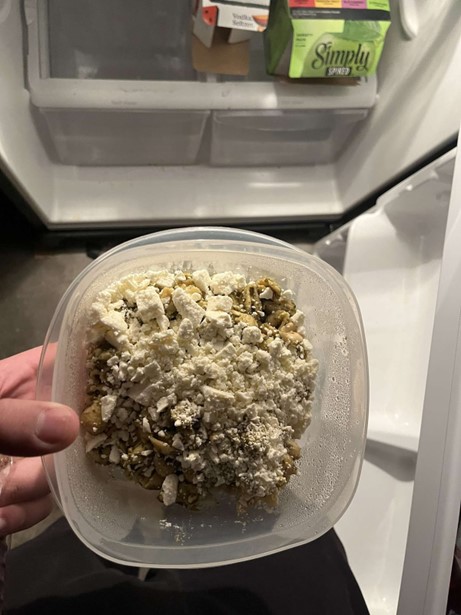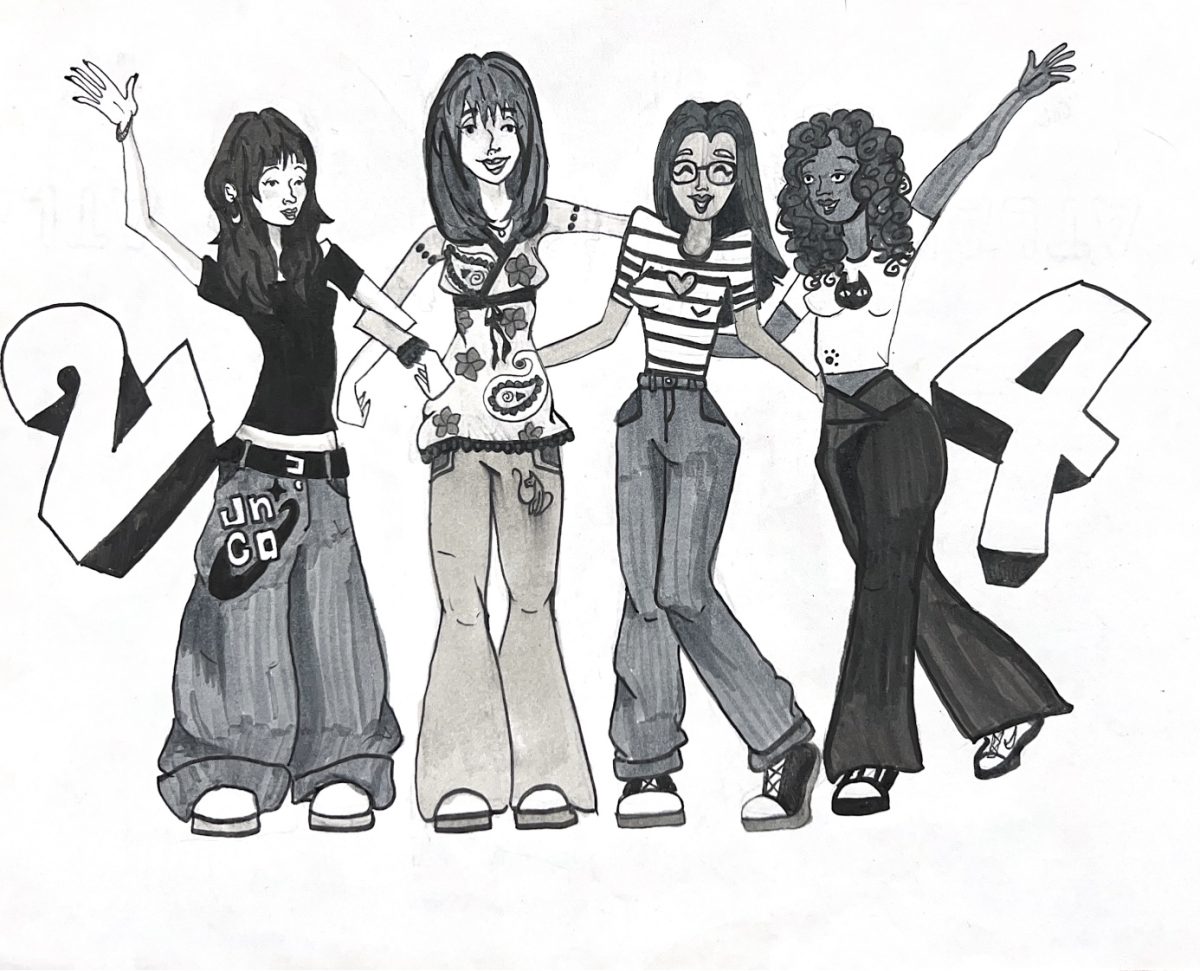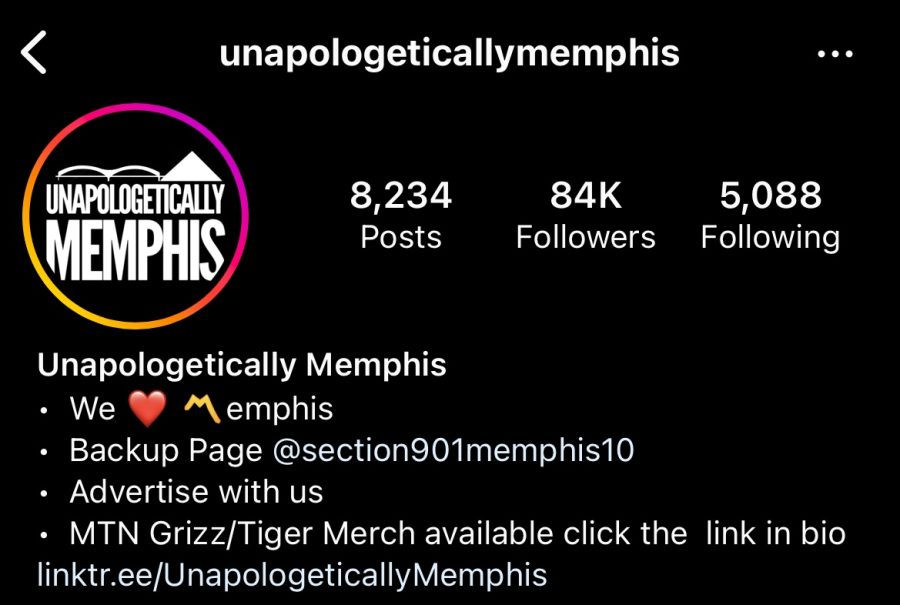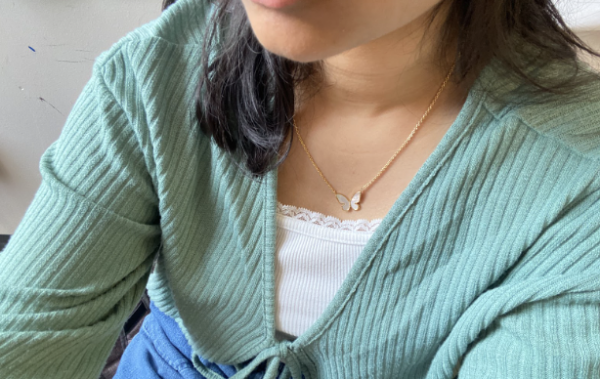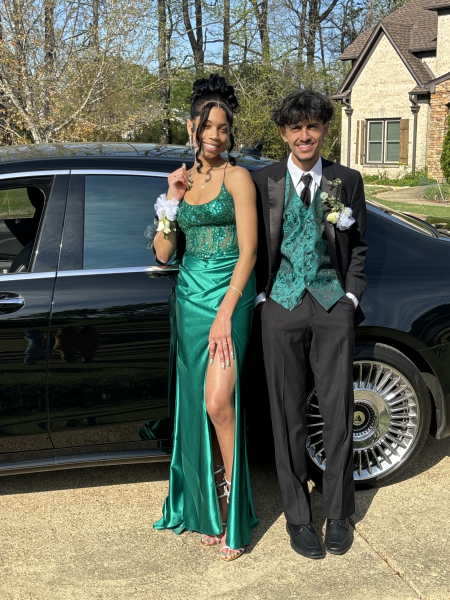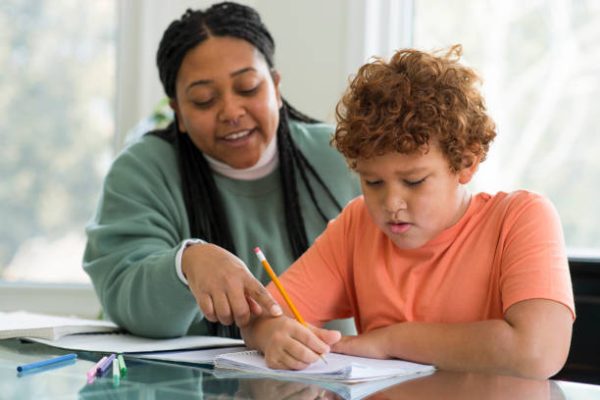Insight on hidden identities online
UNAPOLEGETICALLYMEMPHIS//INSTAGRAM
@unapolegeticallymemphis is one of many anonymous users who use their platform to share meme content and local news. The account has gained over 79,000 followers.
Due to privacy concerns, one source will be attributed as Source A.
Recently, there has been a new wave of how people handle social media. A spike of unconventional anonymous accounts has surged. Users stay behind the screen masking their identities, utilizing their accounts to express themselves without the fear of being judged for their face or personal identity.
A large portion of teenagers and young people on the internet spend their time in this way. Whether they create an anonymous account to post controversial opinions, post original works or to spread hate, each anonymous user has one thing in common — they are set out to express their inner selves and create public content with no name attached.
“You know how there are a lot of accounts, like art accounts … people don’t really put their faces out. I don’t think [there is] anything bad about it. It’s sort of a way to put your talents out there without people judging your face,” Melodee McCoy (12) said.
McCoy herself ran an anonymous meme account on Instagram. Her following, a few hundred, was mostly composed of strangers. After posting content for about 6-8 months, McCoy closed the account due to boredom.
“I just never told anyone about it,” McCoy said. “It was just kind of something I wanted to do on the side, but I also followed a select few people from the school and for the other people I followed, it was just other meme pages.”
Although many anonymous accounts are used for entertainment, such as McCoy’s meme account, some serve as masked confrontations. Source A ran an anonymous Instagram account to expose and message racists, asking them to acknowledge their racist actions and apologize.
“Me and my friends, we all ran anonymous accounts … basically we would get people to tell us racist experiences that they’ve had in middle school, because we were in ninth grade at the time, or, you know, present-day experiences, and we would find [the racist’s] social medias and add them into a groupchat and we would be like, ‘Oh, acknowledge what you did and apologize,’” Source A said.
Source A chose to keep their Instagram account anonymous to not receive hate. However, many anonymous accounts are created for the sole reason of spreading hate on the Internet.
“People sometimes go anonymous because they know they can’t be found for hate,” Nemri Nelson (9) said. “Like, if an anonymous twitter account .. drops an IP address, they won’t get hate because it’s anonymous.” Despite the owners of such accounts being anonymous, some make it their mission to discover their hidden identities. Many believe that average anonymous accounts with friendly content are not as likely to be tracked down as accounts who promote and spread hate speech, discrimination, cyberbullying and the like.
“Let’s say you’re a raging racist, you know, and you have a troll account, and you just say a whole bunch of offensive things; you need to expect that to come back to you,” McCoy said. “People can still track you down. People will be more likely to track you down if you do stuff like that than if you’re like having an art account.” Online anonymity has both its positives and negatives. With an increasing amount of faceless users surfing through the internet, social media users have become more cautious when posting personal content or displaying personal information on their profiles.
“I think it just makes you have to be more conscious about the stuff that you say and the stuff that you post,” Source A said.
Your donation will support the student journalists of White Station High School. Your contribution will allow us to purchase equipment and cover our annual website hosting costs.

